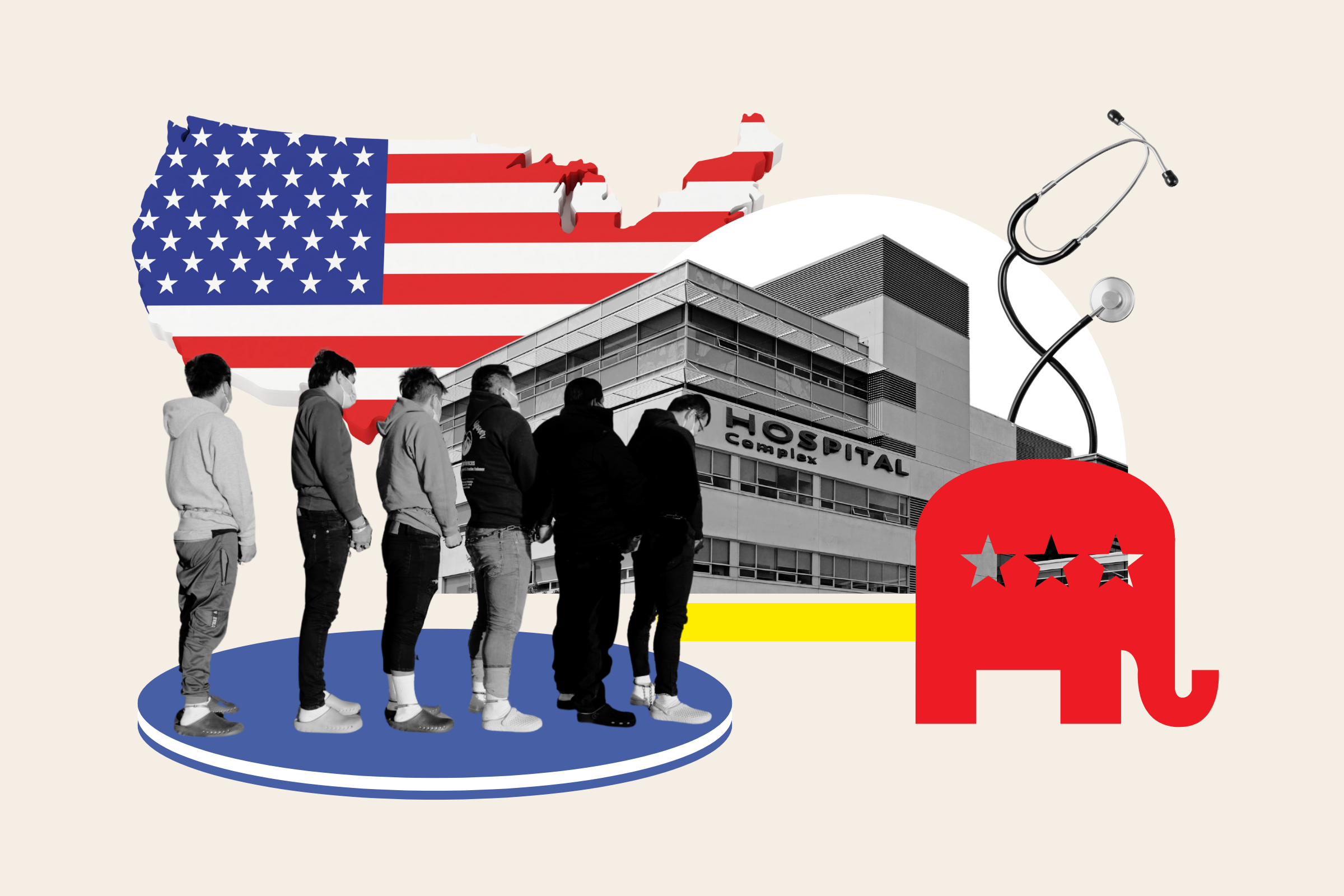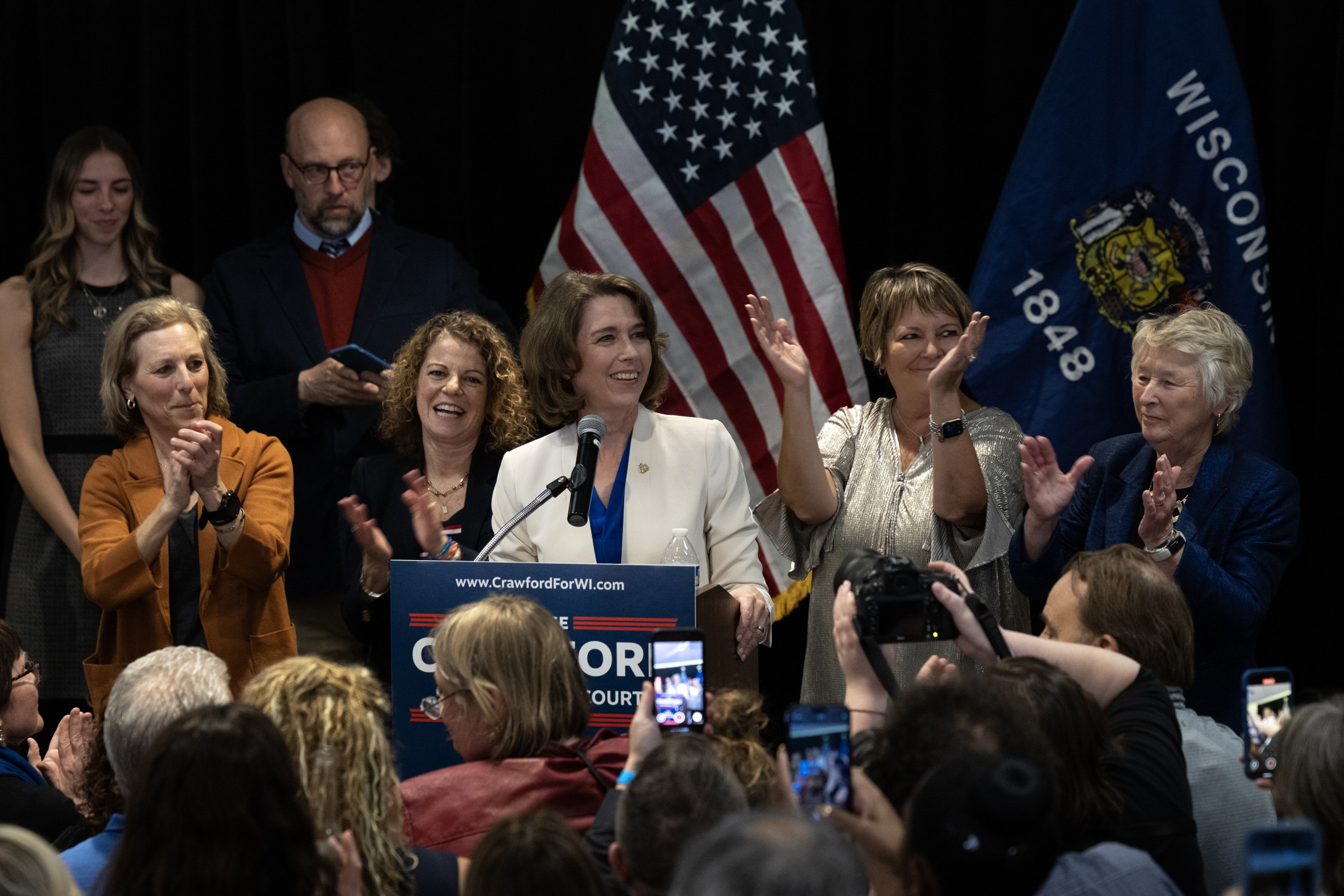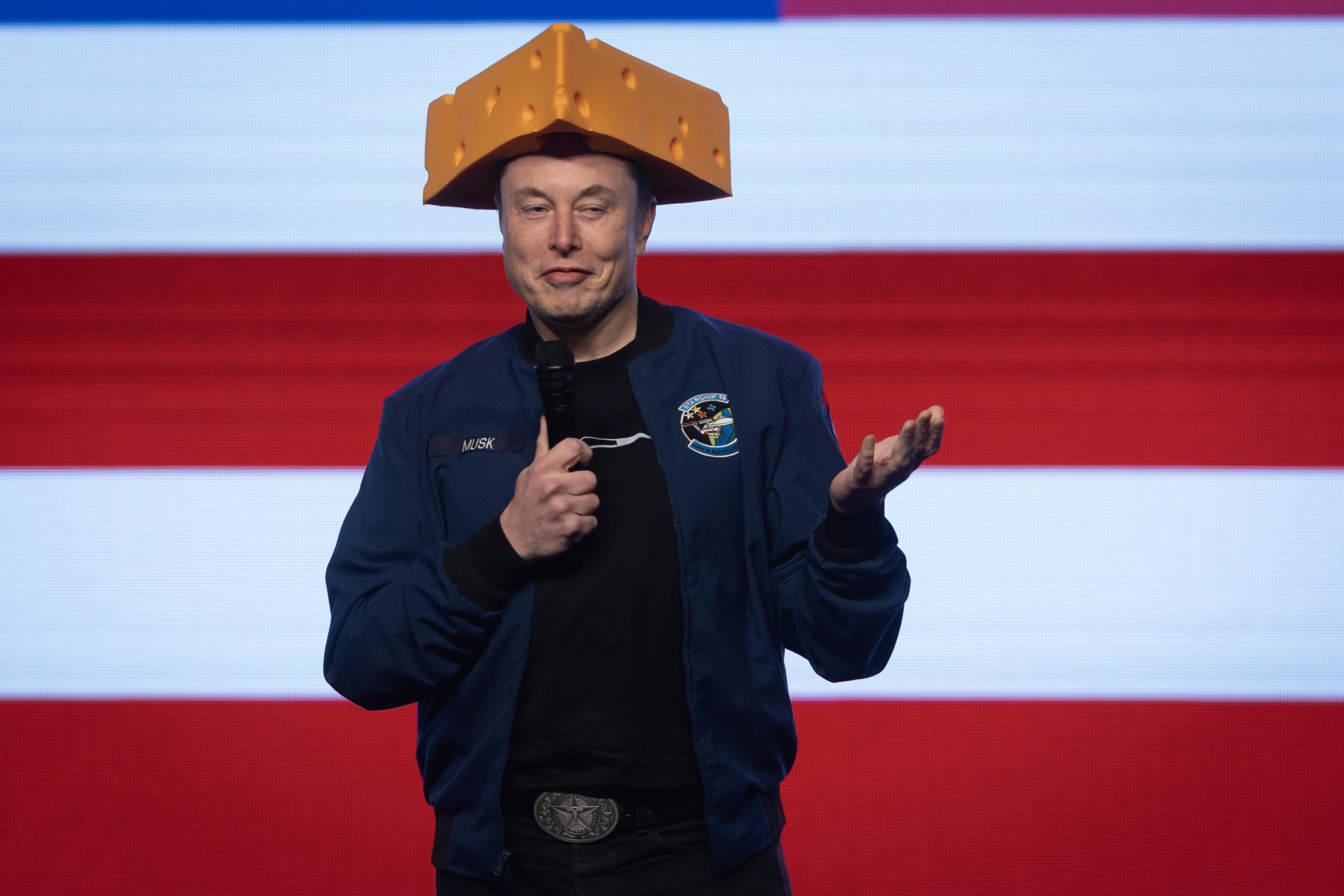Health and Human Services (HHS) Secretary Robert F. Kennedy Jr. asked governors on Friday to follow West Virginia's lead and prohibit the use of SNAP benefits to purchase soda.
Why It Matters
If governors follow Kennedy's request, millions of Supplemental Nutrition Assistance Program (SNAP) recipients could face new limits on what they can purchase. Kennedy touts the directive as a means to push recipients to use their benefits on healthier options.
Recent efforts have been made to prohibit SNAP funds from being used to purchase sugary or processed foods amid Kennedy's "Make America Healthy Again" campaign, which has resonated within the GOP. Critics, however, say this wouldn't address issues like access to fruit and vegetables for millions of Americans who live in "food deserts."
What To Know
West Virginia Governor Patrick Morrisey, a Republican, has submitted a waiver to the federal government to block the use of SNAP benefits to purchase soda as part of new food and nutrition legislation, Kennedy announced on Friday.
"I urge every Governor to follow West Virginia's lead and submit a waiver to the USDA to remove soda from SNAP," Kennedy said in a statement. "If there's one thing we can agree on, it should be eliminating taxpayer-funded soda subsidies for lower income kids. I look forward to inviting every Governor who submits a waiver to come celebrate with me at the White House this fall."

Morrisey also signed legislation that would ban several types of food dye from school lunches beginning in August in an attempt to make food healthier in West Virginia schools.
These waivers would have to go through the United States Department of Agriculture (USDA), which administers SNAP benefits, rather than the HHS.
Dr. Ben Chrisinger, a professor of community health at Tufts University, told Newsweek that while "most Americans could stand to eat healthier," he doesn't see SNAP restrictions as a pathway to achieve that goal.
"SNAP is effectively a subsidy for all kinds of foods, and we have proven methods of incentivizing healthy choices without restriction. Research suggests that healthier foods are often more expensive, and in poorer neighborhoods, harder to find," he said.
Chrisinger added that SNAP accomplishes its goals of preventing "the worst instances" of food insecurity "very well" and warned that stigma around safety net programs discourages participation and undermines their effectiveness.
Peter Muennig, professor of health policy and management at Columbia University, told Newsweek he is "heartened" to see the request coming from Republicans who he said have "traditionally sided with the sugary beverage industry in opposing health legislation.
"It does not seem wise to use taxpayer dollars to support the junk food industry," he said, noting there is "reasonable evidence to support that this will reduce sugar consumption."
Still, he noted there will be blowback, amplified by the industry, and it may be challenging to implement such a policy.
"From a technical standpoint, it may be difficult to implement restrictions on SNAP. But once the systems have been built, it will be possible to restrict the use of SNAP dollars to healthy foods," he said. "This will help eliminate food deserts by funneling money into produce chains within low-income neighborhoods."
Ten states are considering legislation that would prohibit the use of SNAP funds to purchase junk food. SNAP benefits can currently be used to buy any food product except alcohol, tobacco and hot foods. If passed, these bills could change benefits for millions of Americans.
What People Are Saying
USDA Secretary Brooke Rollins, in a statement: "I look forward to receiving Governor Morrisey's SNAP pilot request and will work swiftly to make certain West Virginia is equipped with the technical assistance and expertise to move forward. I thank him for being a true partner. Together, we will make America great and healthy again!"
Valerie Imbruce, director of the Center for Environment and Society at Washington College, previously told Newsweek: "Controlling how the poor eat is a paternalistic response to a problem that is not based in SNAP recipients' inability to make good decisions about healthy foods, it is a problem of the price differential in choosing healthy or junk foods.
"Soda and candy are much cheaper and more calorie dense than 100 percent fruit juices or prebiotic non-artificially sweetened carbonated beverages, thanks to price supports and subsidies by the federal government to support a U.S. sugar industry."
What Happens Next
As of Friday, it wasn't clear which states might submit a waiver to Kennedy to ban the use of SNAP benefits to purchase soda.
Update 3/28/25, 4:53 p.m. ET: This article was updated with comment from Ben Chrisinger.
Update 3/31/25, 4:33 p.m. ET: This article was updated with comment from Peter Muennig.
About the writer
Andrew Stanton is a Newsweek weekend reporter based in Maine. His role is reporting on U.S. politics and social issues. ... Read more




